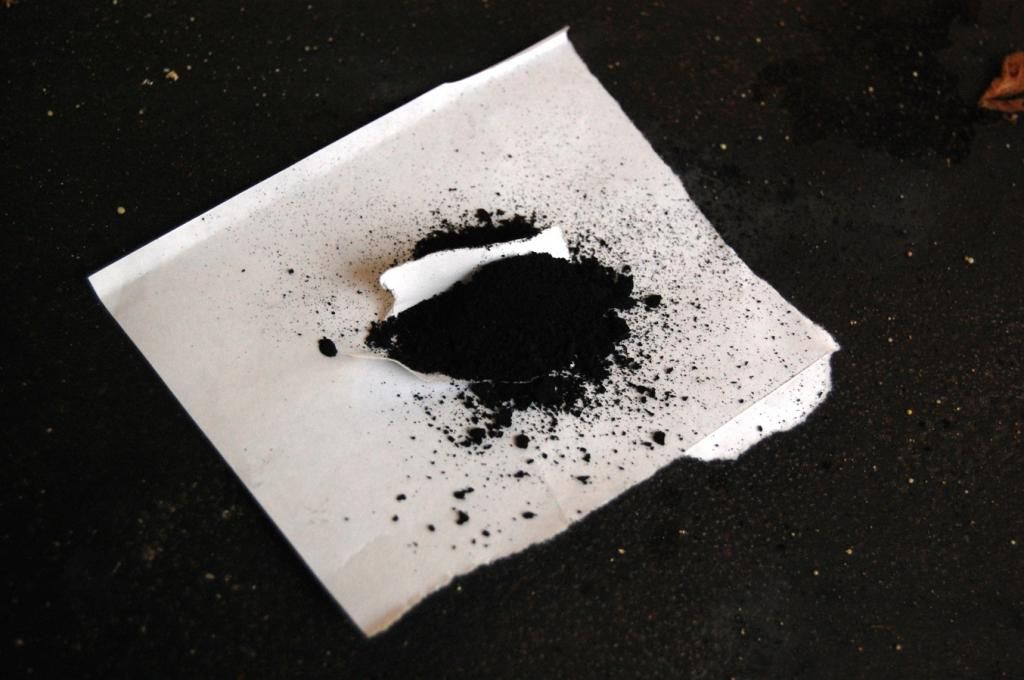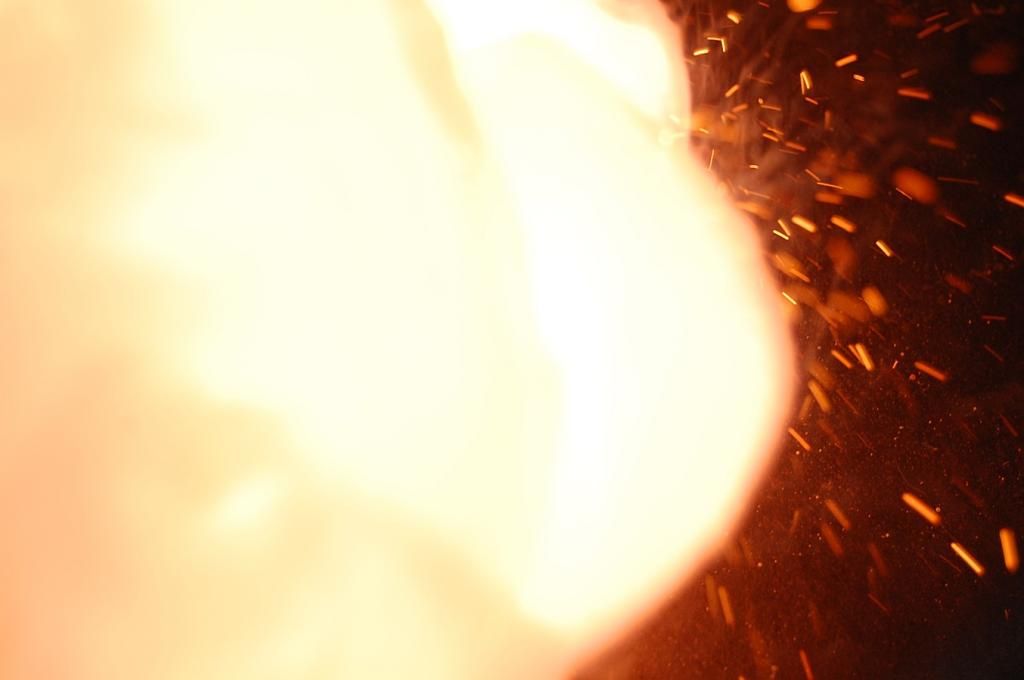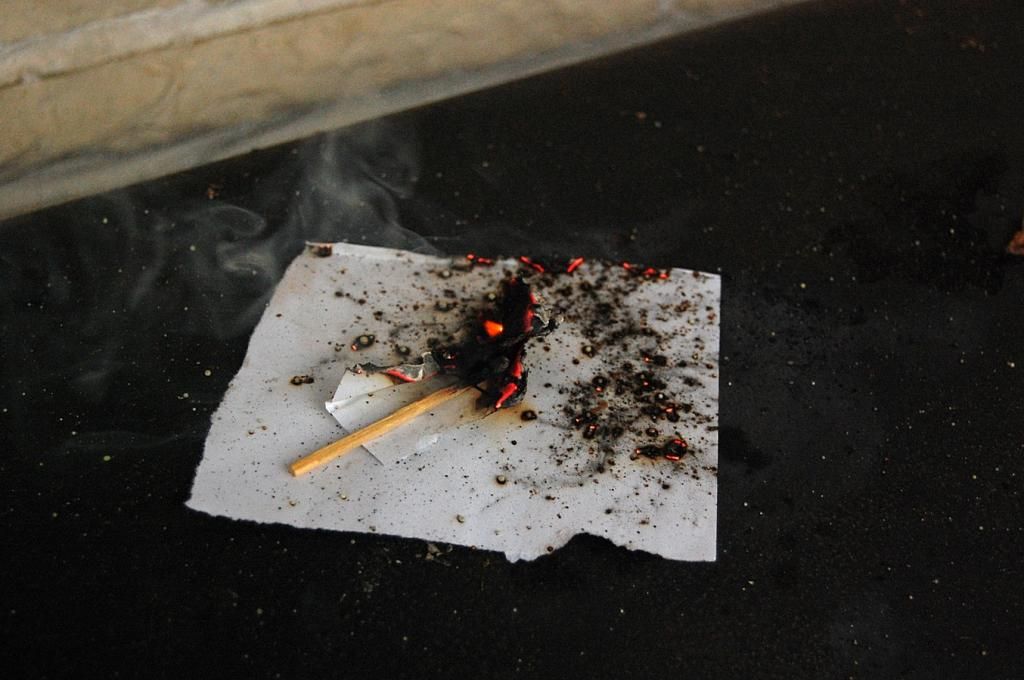- Joined
- Dec 25, 2011
- Messages
- 9,369
- Reaction score
- 4,549
Got this question on another forum and have read that the old timers were able to dry powder out in the sun and have it still work.
I suppose the question is how wet it got.
My guess would be that as long as it doesn't get wet enough to dissolve the grains so that the ingredients are separated that it should burn fine when the exterior is dried out.
What say ye?
I suppose the question is how wet it got.
My guess would be that as long as it doesn't get wet enough to dissolve the grains so that the ingredients are separated that it should burn fine when the exterior is dried out.
What say ye?





 we're not building sandcastles :haha:
we're not building sandcastles :haha:


